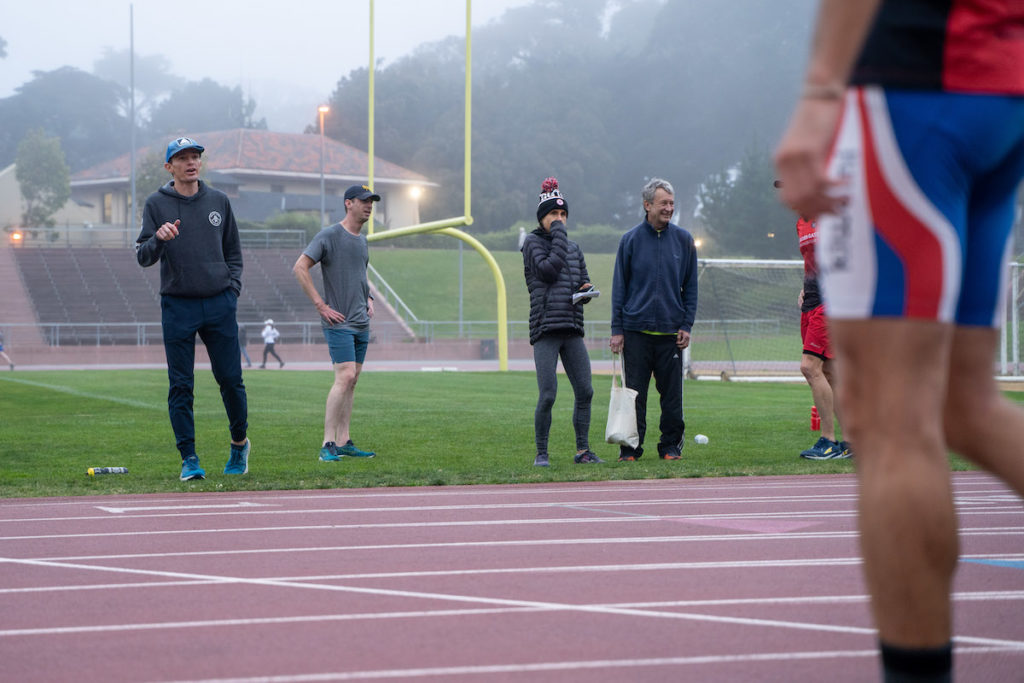
What I do and who I work with:
I’m a running coach who helps committed athletes realize their potential through customized training that matches their goals and lifestyle.
My athletes are a mix of everyday age-groupers and world-class elites who compete across a wide range of distances and disciplines. They come to me seeking expertise, accountability, and support in the pursuit of their running goals.
How I work:
I work according to each athlete’s personality, goals, needs, background, and limitations. My first order of business as a coach is to get to know you and understand how this pursuit of running fits into your life. I have an ongoing responsibility to do what I can to ensure that it’s occupying a healthy space amongst everything else that’s important to you. My commitment is to always be honest with you about where you’re at and what you’re capable of at any given time. My goal in working together is to help you achieve success, however we choose to define it, while finding enjoyment, education, and fulfillment along the way.
There’s no one training system that will work for every athlete. We work on strength, speed, and endurance to varying degrees throughout the year in an effort to make you a more well-rounded athlete. You have to put in the right volume and the right intensity, in the right doses, at the right time. There are no magic workouts. Rest and recovery are a strategic part of the training process, not a punishment for doing too much or going too hard. The mix of volume, intensity, and recovery is going to be a little different for everyone.
I build out training schedules 1-2 weeks at a time so that we can easily make adjustments depending on what’s going on in your life and how you’re responding to the workload. Feedback on training is provided multiple times throughout the week. I do not limit communication with my athletes and am available via phone, video, text, and email as needed.
I view my role as that of a co-pilot: I’m an experienced passenger you’ve trusted to accompany you on your journey, advising you when to speed up or slow down, pointing out bumps in the road, and helping you navigate your way out of jams from time to time. I try to listen more than I speak. I’ll analyze your data but I’ll also ask you for input and feedback. Data can help inform the discussion but the discussion is what drives our decisions. If I’m doing my job well, you’ll have complete control of the wheel but also the trust that I won’t steer you the wrong way.
Availability, commitment, and rates:
I am at capacity and not taking on new athletes at this time. My roster is limited to 20-25 athletes throughout the year so that I’m able to give everyone the time, attention, and care they are paying for, expect, and deserve. You can add your name to my waitlist and I will reach out if/when a spot becomes available.
All of my 1-on-1 coaching relationships are remote and we communicate regularly through Final Surge, via phone calls and text, and/or on video. There is no minimum commitment and the length of our coach-athlete relationship is mutually determined over time. I pride myself on a high retention rate and have been working with most of my athletes for between 2 and 10 years. My monthly fee is $350 and I invoice at the start of each month.